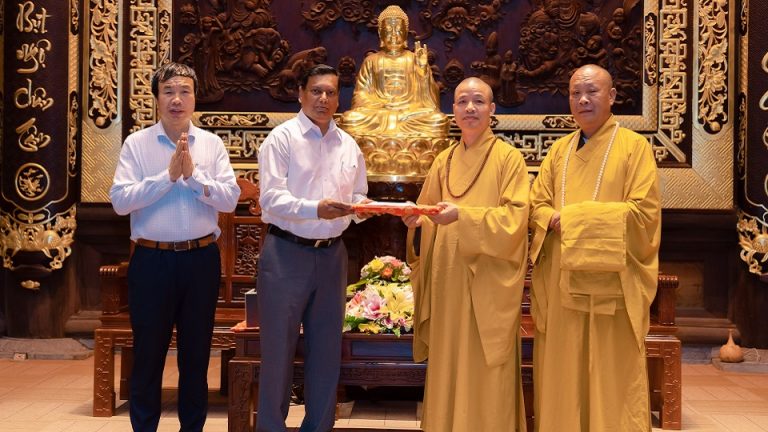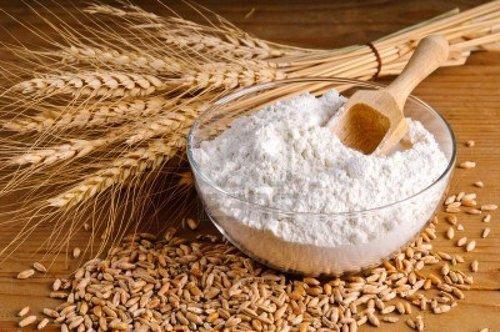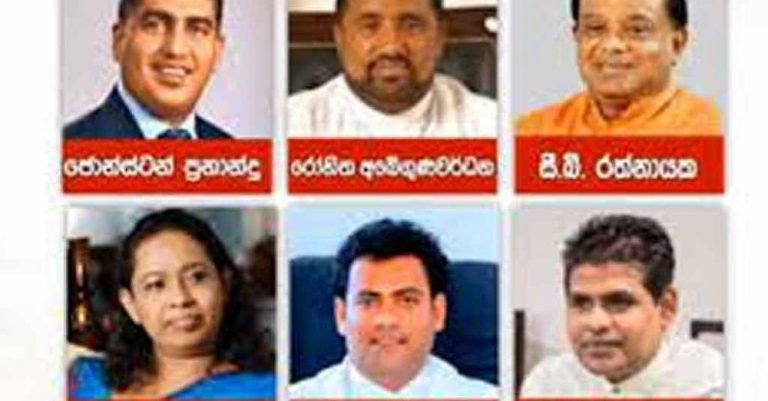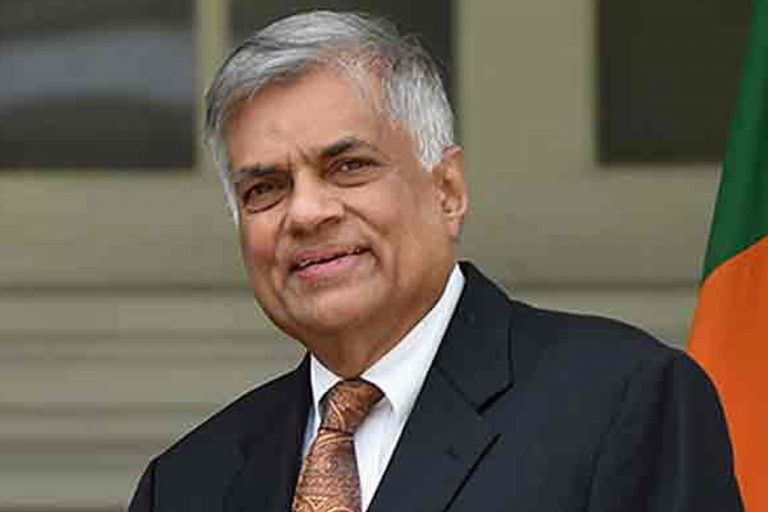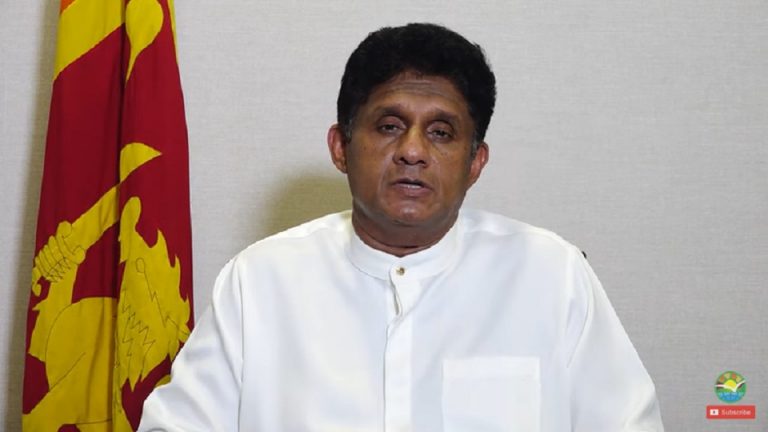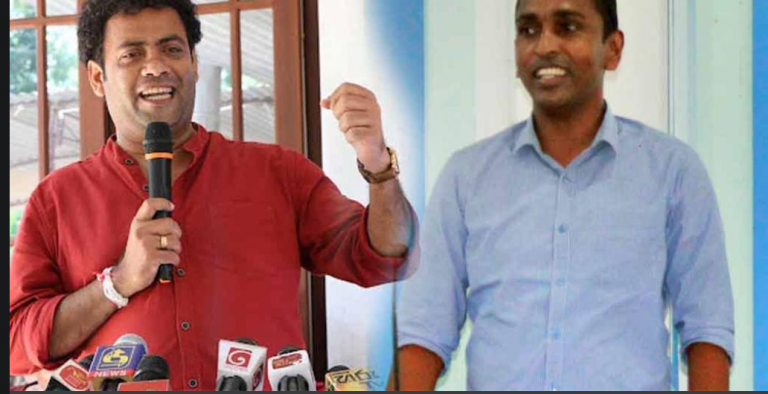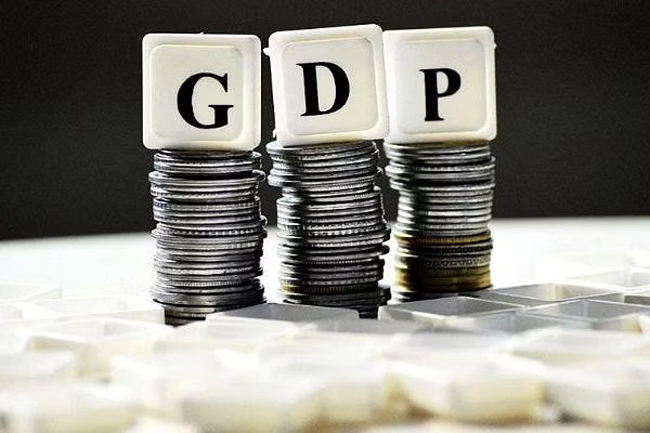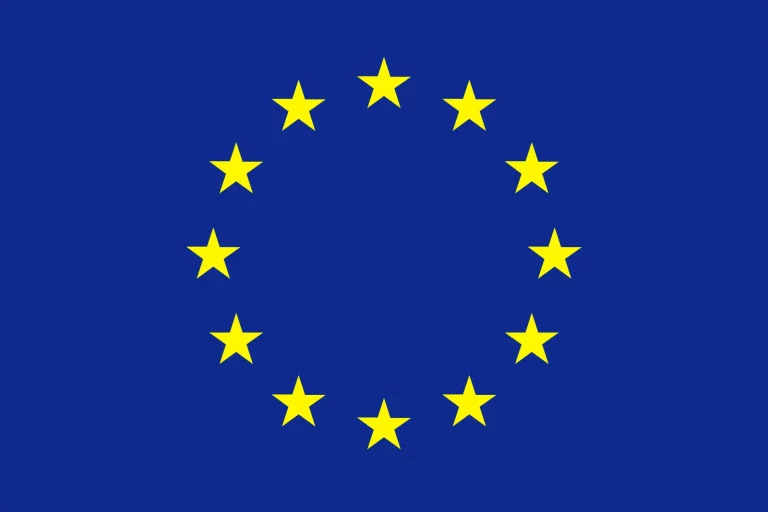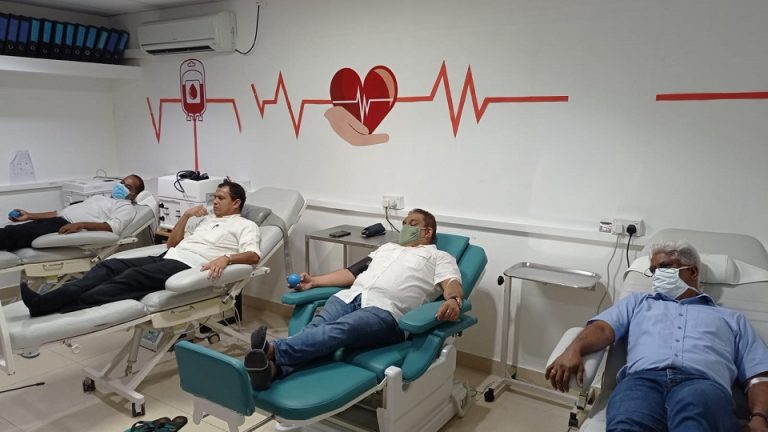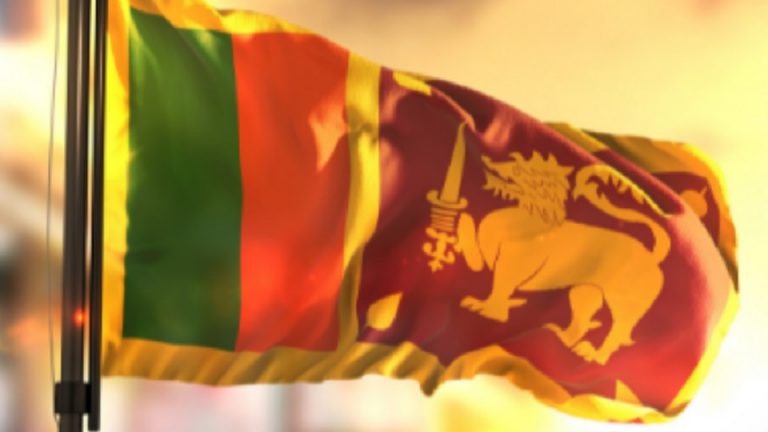The International Bar Association’s Human Rights Institute (IBAHRI)and the Bar Human Rights Committee of England & Wales (BHRC) have issued an open letter to United Kingdom Foreign Secretary, Liz Truss, in support of the Bar Association of Sri Lanka (BASL) urging Sri Lankan authorities to commence ‘an open and genuine dialogue with peaceful protesters, human rights defenders and civil society’ to promote the rule of law as the economic crisis and unrest deepens in Sri Lanka.
Reports indicate that to date nine people have been killed and more than 200 people have been injured in Sri Lanka during anti-government protests.
The below letter calls on the UK Government to defend human rights and democracy in Sri Lanka.
Dear Foreign Secretary,
We are writing on behalf of the Bar Human Rights Committee of England & Wales (BHRC) and the International Bar Association’s Human Rights Institute (IBAHRI) to raise our concerns about the serious threat to human rights and the rule of law in Sri Lanka, to raise awareness as necessary and seek an inter-governmental response. [1]
Since gaining independence in 1948 Sri Lanka and Britain have maintained strong ties and mutual respect. Britain’s diplomatic and political intervention at this most troubling of times is needed urgently. Mass protests by the public are intensifying and calls are being made for the resignations of both the President and the Prime Minister, and indeed, there is a breakdown of confidence in the leadership being provided by Parliament as a whole.
Britain must send a firm message defending democracy, human rights and openness, and supporting those working towards those objectives. The Sri Lankan government must be urged to commence an open and genuine dialogue with peaceful protesters, human rights defenders and civil society on political reforms. There is strong evidence that Sri Lanka is not currently a functioning democracy. [2]
We draw your attention to the following in particular:
On 23 April 2022, the Bar Association of Sri Lanka (BASL) took the highly unusual step of publishing a detailed and far-reaching blueprint for restoring political and economic stability in the country [3]. In doing so they have highlighted the intense cost of living crisis and shortages of essential goods. The extensive nature of the proposals, including a timetable for a caretaker government to oversee elections, illustrates the desperate situation that prevails in Sri Lanka. [4] We are most concerned to note what is referred to as ‘the lack of meaningful Parliamentary oversight over the Executive especially after the enactment of the 20th amendment to the Constitution, allegations of lack of accountability and transparency and the perception of the existence of rampant corruption [that] have led to the present political unrest.’
BASL identifies the importance of strengthening institutions and their independence from political interference and that people are demanding a ‘system change’, a ‘just and equitable governance through strong, independent institutions; constitutional safeguards and appropriate laws and regulations to eradicate corruption and nepotism’ to promote the rule of law.
Parliament enacted the 20th amendment to the Constitution on 22 October 2020. It ‘changes the balance of power among the different branches of Government, vastly expanding the scope of presidential and executive powers and reversing many democratic gains’ [5] introduced by the 19th. The UN High Commissioner for Human Rights (UNHCHR) has expressed concern that this amendment ‘fundamentally eroded the independence of key commissions and institutions, including the Human Rights Commission, the Election Commission, the National Police Commission and the judiciary, in terms of procedure for the selection, appointment and dismissal of senior judges and other high-ranking officials.’
In November 2021, the Global Alliance of National Human Rights Institutions (GANHRI) recommended that the Human Rights Commission of Sri Lanka be downgraded from A to B status for lack of a transparent and independent appointment process, lack of plurality and diversity, and its failure to effectively and independently exercise its human rights mandate. [6]
BASL proposes that there must be immediate constitutional amendment by repealing the 20th amendment and restoring the 19thamendment in order to re-establish the Constitutional Council and Independent Commissions that existed under that amendment.
BHRC has also received credible reports of human rights violations by the police against protesters.
On 31 March 2022 hundreds of people gathered in front of the President’s residence, demanding his resignation over his handling of the crisis. Security forces responded by firing teargas and water cannon to disperse the crowd. Ensuing clashes left 50 people injured. UN experts have condemned the use of such measures which seem ‘aimed at discouraging or preventing peaceful protests’. They urged the government to allow students, human rights defenders and others to protest peacefully, and share their views online and offline. [7]
On 19 April 2022 the police shot at unarmed protesters, killing one and injuring others. Evidence given at inquest proceedings has been shared with BHRC by a senior lawyer (Presidential Counsel) and former Chair of BASL, who is acting for the victims of this incident. His account makes for alarming reading. Eyewitness evidence is that the deceased was shot by a police officer in the stomach from a range of 10 metres following instructions from a senior police officer. This was denied by the police.
On 27 April 2022 the magistrate in charge of the inquest concluded that the death of the protester was homicide. She has also ordered that the suspects be arrested and produced at court. She has made a raft of orders securing evidence.
On 24 April BASL issued a statement noting the heavy police presence at a further protest in Colombo. Barricades fitted with spikes have been used raising concerns about injuries to citizens. BASL call upon the Government and the IGP and all police officers and armed forces to act with restraint: ‘They are duty bound to ensure the safety of the protesters and the public and the right of people to dissent in a peaceful manner and also the freedom of movement of the citizen.’
Sri Lanka has been the repeated focus of severe criticism by the UNHCHR and leading NGOs for its lack of accountability for past human rights violations and the adequacy of domestic mechanisms for addressing the same.[8] On 25 February 2022 the UNHCHR issued a further critical report on Sri Lanka documenting an alarming decline in human rights. BASL has additionally proposed a number of steps to deal with the substance of these criticisms.
We look forward to hearing from you on the steps being taken by the British Government to respond to the serious break down of Parliamentary process, the rule of law and human rights violations in Sri Lanka. We would be happy to arrange a meeting between you, and your official, and members of the BHRC and IBAHRI, as appropriate, for a private discussion on these issues.
[1] Please note this is a public letter and will be published on our website.
[2] On 7 April 2022 the Bar Association of Sri Lanka issued a statement raising serious governance issues within Parliament (Government and Opposition) which were obstructing proper responses to the intensifying crisis including food shortages and power outages. The Opposition finally moved for a vote of no-confidence in Parliament on 6 May 2022 which failed to garner the majority vote needed to succeed.
[3] On 25 March 2022 BASL filed two fundamental rights applications in the Supreme Court as ‘People of Sri Lanka’ seeking remedial orders from the Court citing the right to equality, equal protection of the law and the right to life under the Constitution, and the real and grave threat to law and order, and the rule of law.
[4] On 19 April 2022 a group styling themselves ‘Direction Sri Lanka, Independent Professionals for the Nation’ issued a statement with proposals in view of the escalating situation leading to a potential breakdown in the rule of law and a state of anarchy, and immediate action to be taken within the Constitution including the resignation of the President, and Prime Minister.
[5] Para 24, Report of the UNHCHR Promoting reconciliation, accountability and human rights in Sri Lanka, OHCHR Report February 2021, A HRC/46/20
[6] GANHRI Sub-Committee on Accreditation Report – October 2021, December 2021, page 31 www.ohchr.org/Documents/Countries/NHRI/GANHRI/SCA-Report-October-2021_E.pdf.
[7] https://news.un.org/en/story/2022/04/1115942
[8] BHRC and IBAHRI issued a joint statement on 5 March 2021 [https://barhumanrights.org.uk/sri-lanka-accountability-for-past-human-rights-violations-and-adequacy-of-domestic-mechanisms/] setting out our concerns.
Stephen Cragg QC
Chair, Bar Human Rights Committee of England & Wales
Baroness Helena Kennedy QC
Director, International Bar Association’s Human Rights Institute (IBAHRI)
END OF THE LETTER









